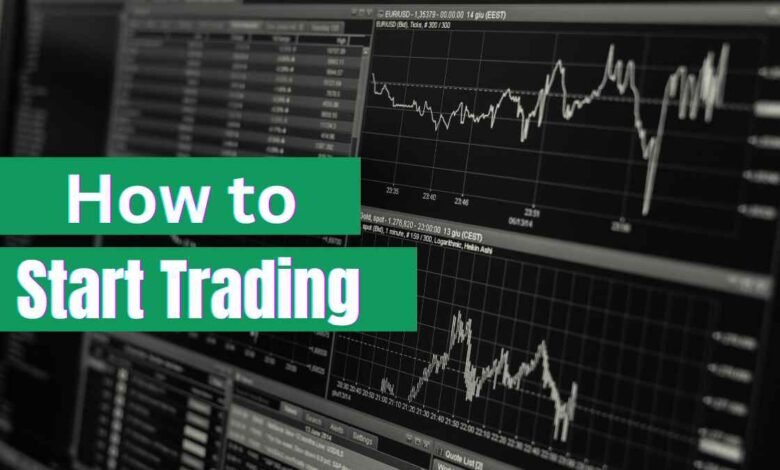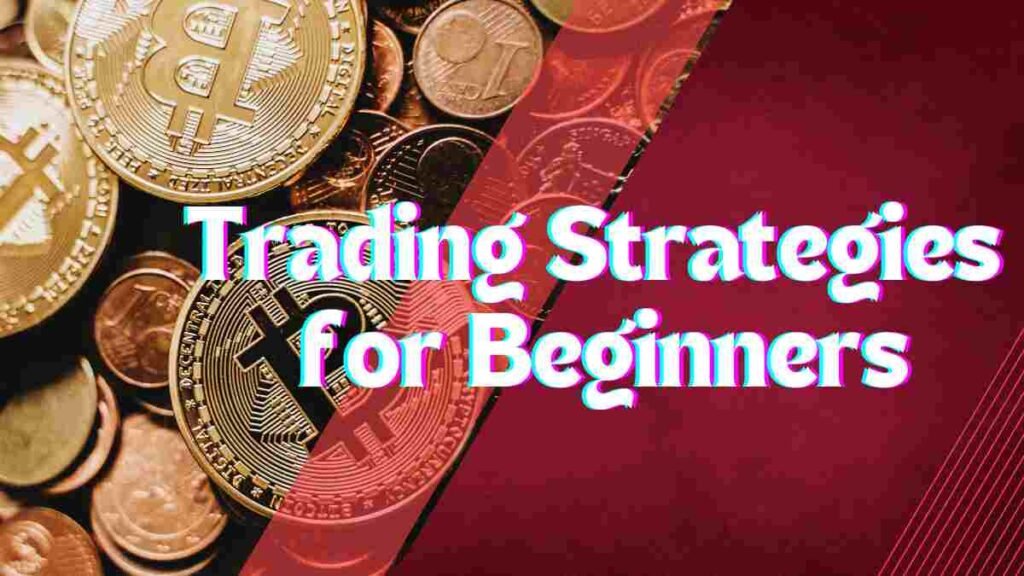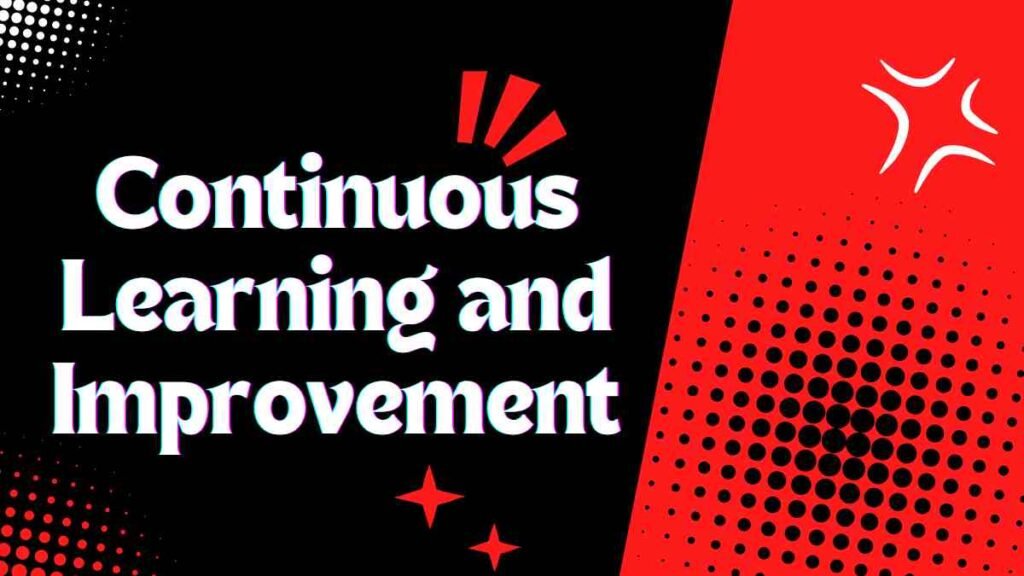
How to start trading as a popular way to achieve financial growth and independence. Whether you are interested in stocks, commodities, or cryptocurrency, understanding how to is crucial. This guide covers the essentials, including trading basics, choosing investment platforms, and developing effective strategies, to help you kickstart your journey in the world of trading.
Understanding the Basics of Trading
Trading involves buying and selling financial instruments like stocks, bonds, or currencies to make a profit. Unlike traditional investing, which focuses on long-term growth, trading often involves short-term strategies aimed at quick profits. There are different trading markets, including the stock market, forex market, and cryptocurrency market, each offering unique opportunities and challenges. Understanding these markets’ basic principles is essential before you.
Stock Market Basics for Beginners: How to Start Trading
The stock market can seem complex at first, but understanding its fundamental concepts makes a big difference. Stock exchanges like the New York Stock Exchange (NYSE) and Nasdaq serve as platforms where investors can buy and sell shares of publicly listed companies. Learning key stock market terms, such as market orders, bid-ask spread, dividends, and volatility, can help you navigate this market more confidently.
Choosing the Right Investment Platforms
Your trading journey begins with selecting the right investment platform, which acts as your gateway to the financial markets. The ideal platform should match your trading style, budget, and needs. Factors to consider include transaction fees, ease of use, educational resources, and customer support. Platforms like Robinhood, E*TRADE, and Fidelity are excellent for beginners, offering user-friendly interfaces and a range of tools to support your learning process.
Must Visit: Snap Bloom
Trading Strategies for Beginners

When starting out, it’s essential to have a well-thought-out trading strategy. New traders often face the dilemma of choosing between short-term and long-term strategies. Short-term strategies like day trading focus on capitalizing on small price movements, while long-term strategies aim for gradual gains by holding onto assets for months or years. As a beginner, experimenting with both approaches can help you understand which strategy aligns with your financial goals and risk tolerance strategy over quick wins is crucial.
The Importance of Technical Analysis Tools: How to Start Trading
Specialized investigation is a basic expertise for any merchant. It involves using data and charts to forecast market movements and make informed trading decisions. Beginners should familiarize themselves with popular tools like candlestick charts, Moving Averages, Bollinger Bands, and the Relative Strength Index (RSI). These tools help identify trends, momentum, and potential reversal points, giving you a competitive edge in the market.
Mastering Risk Management in Trading
Risk management is not just a skill but a necessity in trading. It involves setting a clear limit on the amount of capital you’re willing to risk on any single trade and using strategies to protect your investments. Effective risk management techniques include setting stop-loss orders to limit potential losses, diversifying your investment portfolio, and maintaining a balanced approach to avoid over-leveraging. Mastering these techniques can significantly enhance your long-term trading success.
Developing a Trading Plan: How to Start Trading
A solid trading plan serves as your roadmap to achieving success in the financial markets. Your plan should outline your trading goals, preferred markets, strategies, and the amount of risk you are willing to take. Consistency is key—sticking to a well-defined trading routine helps you make objective decisions even in the face of market fluctuations, reducing the impact of emotional biases.
The Role of Emotions in Trading: How to Start Trading
Emotions can heavily influence your trading decisions, often leading to impulsive actions that harm your portfolio. Fear can cause you to sell too early, while greed might make you hold onto a losing position longer than necessary. The most successful traders maintain discipline and make data-driven decisions, minimizing the impact of emotional reactions on their trading outcomes. Developing a mindset that values patience and strategy over quick wins is crucial.
Continuous Learning and Improvement

The world of trading is dynamic, with market trends and conditions constantly evolving. To stay ahead, traders need to commit to continuous learning and adaptation. Following financial news, participating in trading communities, and analyzing your past trades can provide valuable insights into improving your strategies. Engaging with educational content like webinars and tutorials can further enhance your trading skills and knowledge. Fear and greed are the two primary emotions that can cause traders to deviate from their strategies. How to Start Trading Learning to manage these emotions and maintain a disciplined approach is crucial for achieving consistent results in the market.
Conclusion
Starting your journey in trading can be a rewarding experience, both intellectually and financially. By grasping the basics, selecting a reliable investment platform, crafting a strategy, and mastering risk management, you lay a solid foundation for your trading career. Remember, trading is not just about making money; it’s about making smart, informed decisions that can lead to consistent gains over time. The key to success lies in patience, discipline, and a continuous drive to learn and adapt. Remember, the key to success in trading is continuous learning and staying disciplined. The more you educate yourself and practice, the more confident and skilled you will become.
FAQs
What is the best strategy for beginner traders?
Beginners often find success with a long-term approach, focusing on steady growth through diversified investments in well-established assets.
How much cash do I have to begin exchanging?
You can start trading with a small amount, even $100, but having a budget of $500 to $1,000 can provide more opportunities and flexibility in your trades.
What are the risks involved in trading?
Trading involves risks like market volatility, financial loss, and emotional stress. Proper risk management strategies are essential to mitigate these risks.
Can I start trading without any prior knowledge?
While you can start trading without prior knowledge, it’s highly advisable to educate yourself about market fundamentals and trading strategies to reduce risks.
How do I choose the best trading platform?
The best platform depends on your needs. Look for one that having a secure and efficient way to manage offers low fees, a user-friendly interface, educational resources, and reliable customer support.
Read More: Best Online Business Ideas for 2024



